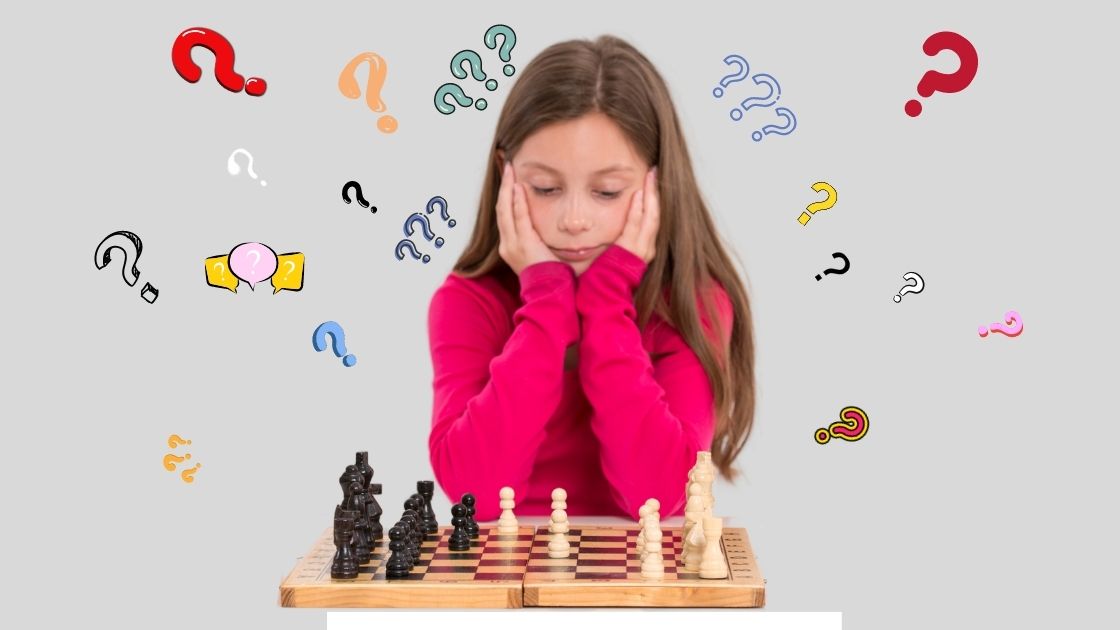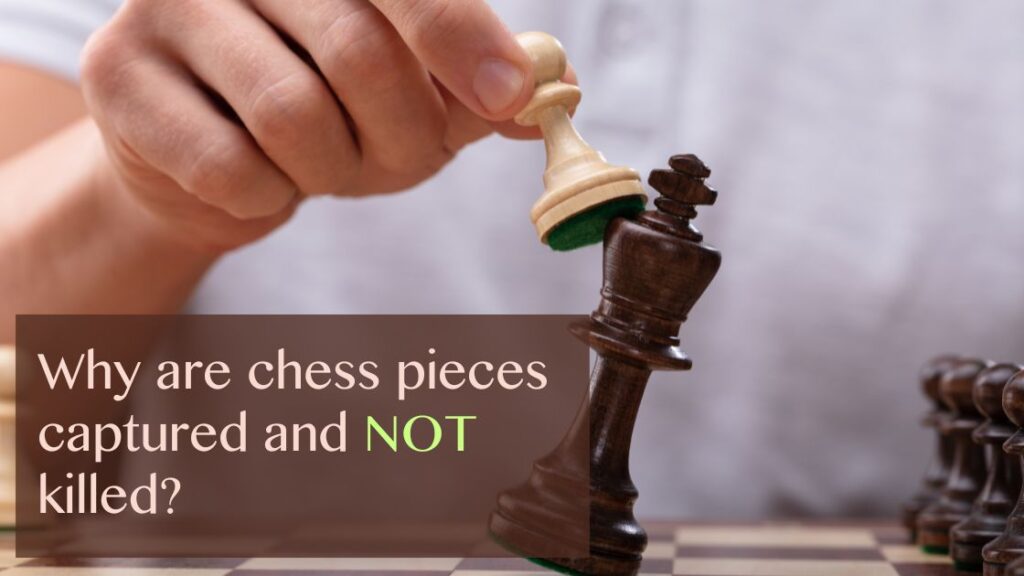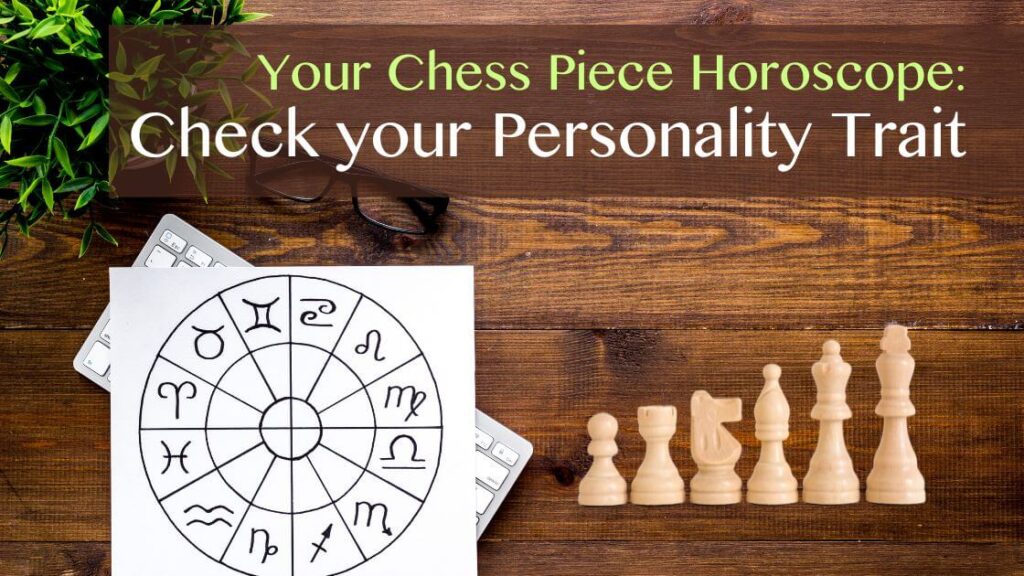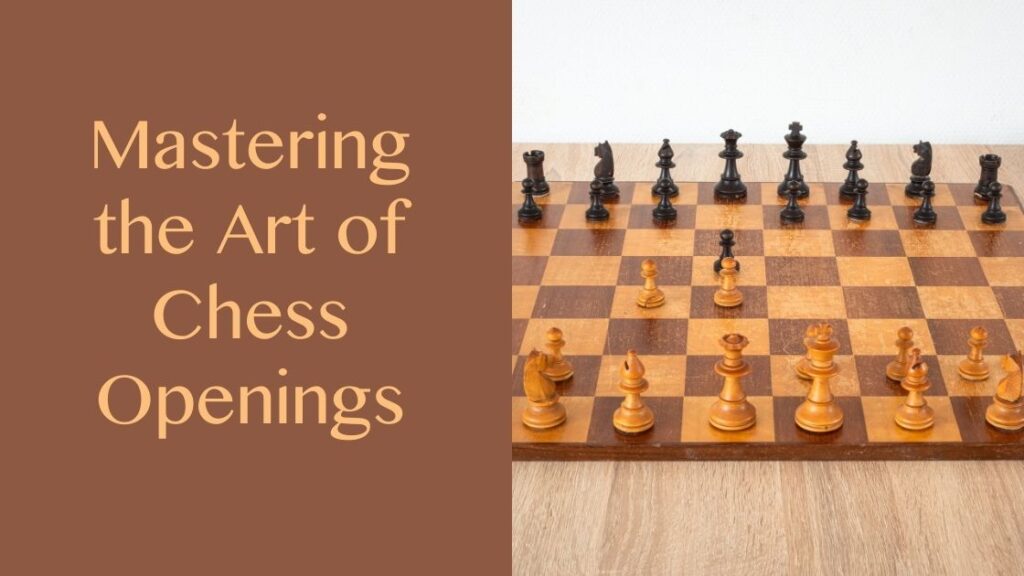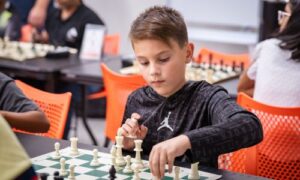Even though we’ve tried to cover loads of topics in our previous blogs, let’s go ahead and read about some interesting facts that you may have overlooked across these blogs. If you’re a veteran reader – welcome back!
What is the Fifty-move rule in chess?
Is there a 21 rule in chess?
There is nothing like a 21 rule in chess. Some people may think that no captures are allowed before the first 21 moves. However, that is a false rule, and no chess website or book mentions it.
Why is f7 important in chess?
The f7 square is widely considered the weakest point on the board for black and hence is integral to defend. It is the only square that is not defended by any of the minor or major pieces but is defended by the Black King, and it is a pivotal square that protects the black king.
White’s development during the Opening also aims to target this square as it is easy to exploit this weakness. Hence, it is one of the most important squares on the board.
What is the importance of the h4 square?
If white occupies the h4 square, White can exchange hxg5. Playing hxg5 at the right time allows White to make a move into Black’s kingside. Now Black can’t queen with an h-pawn. This is especially important since White’s plan is to push f4, capture the d4 pawn, and then attack the queenside.
If Black occupies the h4 square, Black has an advanced h-pawn that can potentially queen, especially if white tries to break through with f4.
Hence, the h4 square is crucial for both sides.
Hope these facts have helped you brush up on the finer nuances of your chess knowledge. You can now use these to build your tactical skills. Let us know if there are more such FAQs you could be interested in.

